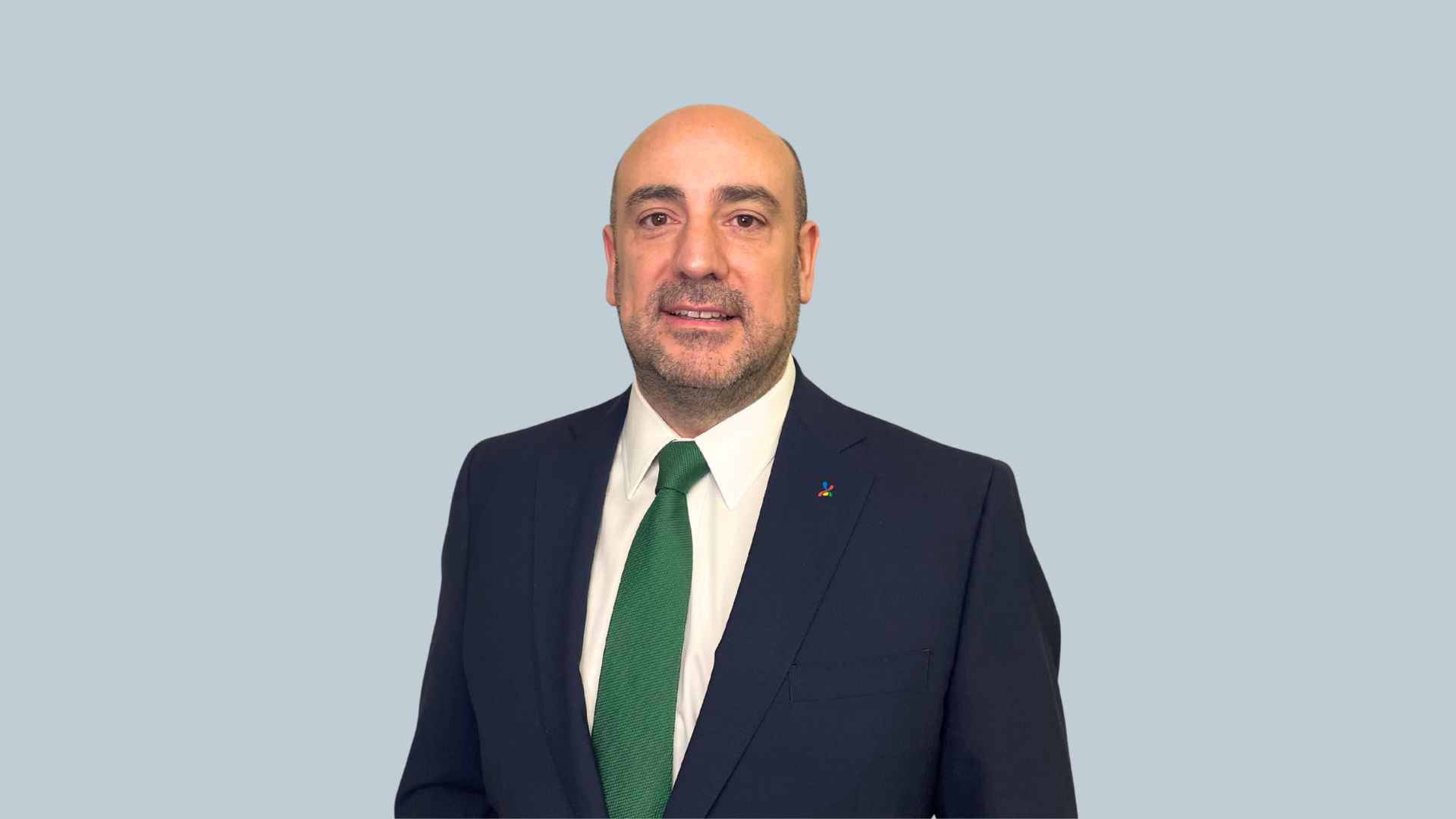What is a "Pay Yourself" Scam?

How many times a day do you get suspicious phone calls or text messages? For many of us, it's become a daily occurrence. These unsolicited contacts often claim to be from trusted institutions like banks or government agencies, creating a false sense of urgency to trick us into taking immediate action. One particularly popular scam is the "Pay Yourself" scam. Understanding what this scam is and what it looks like can save you from becoming the next victim. This type of scam often targets users of popular payment services like Zelle, making it even more crucial to understand and recognize it.
What is a "Pay Yourself" Scam?
A "Pay Yourself" scam is a type of fraud where scammers trick you into transferring money to their own accounts. The scam typically begins with a fraudulent message or call, where the scammer poses as a representative from your bank, a government agency, or another trusted entity. They inform you of suspicious activity on your account and instruct you to transfer money to a "safe" account to protect your funds. However, this "safe" account is actually controlled by them, meaning the scammers.
How the Scam Works
- Initiation: The scam usually starts with a call, text, or email from someone claiming to be from your bank or a financial institution. They may also impersonate government agencies or well-known companies.
- Urgency and Fear: The scammer creates a sense of urgency, warning you that your account has been compromised or that you need to act quickly to prevent loss of funds. This tactic is designed to induce panic and cloud your judgment.
- Verification Ruse: To gain your trust, the scammer might ask you to verify your identity by providing personal information, such as your Social Security number, account number, or login credentials.
- Instruction to Transfer: The scammer then instructs you to transfer money to a different account, often under the pretext of "securing" your funds. They might even guide you through the process, making it seem like a routine procedure. They might even guide you through the process using a service like Zelle, making it seem like a routine procedure.
- The Trap: Once the transfer is complete, the scammer has effectively stolen your money. Since you authorized the transaction, it becomes challenging to dispute it with your bank.
How to Spot a "Pay Yourself" Scam
- Unexpected Contact: Be wary of unsolicited calls, texts, or emails claiming to be from your bank or a financial institution, especially if they ask for personal information or request a money transfer.
- Sense of Urgency: Scammers often use high-pressure tactics to create a sense of urgency. Take a moment to think and verify the information independently before taking any action.
- Request for Personal Information: Legitimate organizations will never ask for sensitive information like your password, PIN, or Social Security number via phone or email.
- Strange Requests: Be suspicious of instructions to transfer money to another account, especially if the reason seems unusual or the account details are unfamiliar.
- Verify Authenticity: Always contact your bank or financial institution directly using the official contact information found on their website or your bank statements. Do not use the contact details provided in the suspicious message.
- Check for Red Flags: Look out for spelling and grammatical errors in emails or texts, as these can be indicative of a scam. Also, be cautious if the caller ID appears to be spoofed or unrecognizable
.
If there is one thing you take away from this article is: NEVER share your one -time codes with ANYONE. Your bank will NEVER ask you to transfer money to yourself. The "Pay Yourself" scam is a popular financial fraud trend that exploits individuals' trust and familiarity with their banking practices. By understanding how this scam operates and learning to recognize the warning signs, you can protect yourself and your finances. Always be vigilant, verify the authenticity of any unusual requests, and report any suspicious activity to your bank immediately. Staying informed and cautious is your best defense against falling victim to this and other types of scams.
Video Source: Zelle
Please note: The content in this article comes from individual opinions and experiences. The content should not be taken as advice coming from City National Bank of Florida. City National Bank of Florida does not offer tax, legal or accounting advice.




.jpeg)




.jpg)
